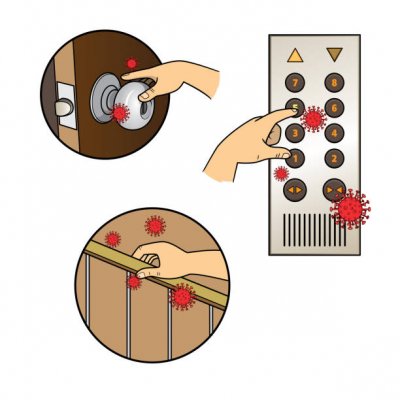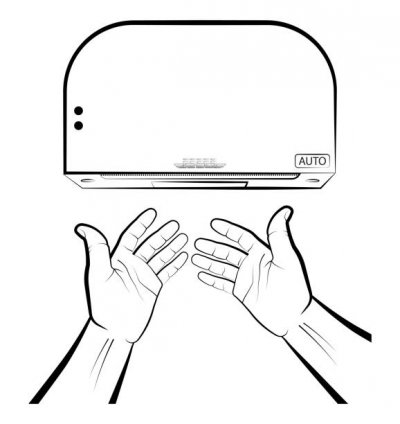Want to know how to protect yourself against cross-contamination at the commonwealth games in England?
Cross-contamination is a genuine concern in crowded places where we spend time like school, camps, sporting games etc. It occurs when a person, object, or environment spreads bacteria or germs from one location to another.
It might be tough to protect yourself from it, but it is not impossible.
We can nearly guarantee you will not get infected at this year’s games if you follow these tips that have been carefully put together in this blog.
The risk of cross-contamination can have significant effects and needs to be taken seriously. So here are five (5) tips that can further protect you.
1. Avoid touching too many surfaces
According to scientists, viruses, mould, yeast, and potentially contagious bacteria can all live on surfaces for a long time. What is more interesting is that these harmful microorganisms thrive on contact. Imagine the germs on staircase handrails, walls, tables, elevator bells, door handles and many other places.
And if you must touch many surfaces at the commonwealth games or other places, try as much as possible to avoid the area where most people touch. For example;
- Using your elbow to push doors
- Grabbing the top or base of door handles
- Using two fingers to turn taps
- Using knuckles to push elevator buttons. Etc.
2. Avoid touching your face with unwashed hands
People touch their faces more than 20 times per hour on average, according to a 2015 study published in the American Journal of Infection Control. Contact with the eyes, nose, or mouth occurs approximately 44% of the time. We frequently contact pathogen-contaminated surfaces while picking up things or turning doorknobs. The mucous membranes of the mouth, nose, and eyes on the face serve as entry points for these viruses to enter the body, spreading to the throat and lungs.
3. Use Hand Sanitisers
Hand sanitisers existed long before the advent of covid-19 and are very pivotal to the reduction of cross-contamination. If you ask me, hand sanitisers should be a necessary accessory to be kept with you at all times, especially in highly crowded places. They help to kill germs and lessen the rate of cross-contamination.
4. Fewer handshakes
One of the ways we can exchange pleasantries is through handshakes, particularly in a gathering of familiar faces. What if we told you you have a higher risk of getting infected by germs and spreading them through handshakes? We shouldn’t be surprised that our hands may acquire a variety of germs and bacteria, given the type of places they come into touch with every day. According to studies, shaking someone’s hand spreads more germs than kissing them. 😱
5. Proper Hand drying
Until Hygiene Ace smart splash guards are available in public washrooms, you can lessen the cross-contamination rate by ensuring that you dry your hands properly after washing them.
Also, here are a few things to consider while using hand dryers:
- Be mindful of the wet floors so you don’t trip or slip.
- Be conscious of the bacterial colonies and moulds under the hand dryers.
- Look upwards or sideways, so you don’t directly inhale the blowbacks from hand dryers. A recent study from the University of Connecticut and Quinnipiac University suggests that hand dryers could operate like bacterial bombs, spraying tons of spores from washroom air onto your hands and, by extension, your whole body.
Since time immemorial, cross-contamination has played a significant role in the spread of germs and other harmful viruses. It is simple to avoid but can have detrimental and deadly effects. It has remained one of the reasons why we still battle the spread of Covid-19 even after three years. However, taking responsibility for our hygiene can drastically reduce the spread of germs and keep us healthy.






